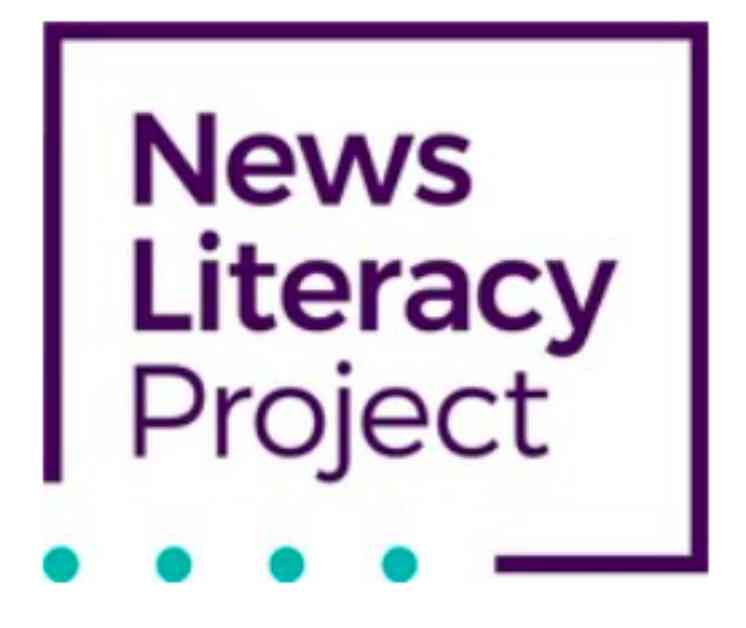The News Literacy Project recently conducted a study that revealed the concerning frequency with which American teenagers encounter and believe in conspiracy theories on social media. The study also highlighted the positive impact of teaching media literacy to students, such as encouraging fact-checking before sharing information online.
According to the study, 94% of teens surveyed expressed a desire for schools to teach media literacy. However, only 39% of teens reported receiving any form of media literacy instruction during the 2023-24 school year. This indicates a clear gap in education that needs to be addressed to equip young people with the skills to navigate the digital landscape effectively.
The survey, titled “News Literacy in America: A survey of teen information attitudes, habits & skills,” involved over 1,000 young people aged 13-18. The findings underscore the urgent need for comprehensive news literacy education in schools across the country, especially in light of the prevalence of misinformation and conspiracy theories online.
One of the key takeaways from the study is that eight in 10 American teenagers encounter conspiracy theories on social media at least once a week. These theories range from claims about the 2020 election being rigged to misinformation about the COVID-19 vaccine and the belief that the Earth is flat. Alarmingly, 81% of teens who come across these conspiracy theories believe in at least one of them.
Additionally, the study revealed that nearly half of teens (45%) believe that the press does more harm than good for democracy. Furthermore, eight in 10 teens feel that information from news organizations is no more impartial than content from other online creators. These findings highlight the challenges young people face in discerning credible information in today’s media landscape.
Despite these challenges, the study also found that media literacy instruction can empower teens to engage in civic-minded activities, identify misinformation, and develop trust in news media. This underscores the importance of integrating news literacy into school curricula to equip students with the necessary skills to navigate the digital age effectively.
Overall, the study’s recommendations emphasize the critical role of parents, educators, policymakers, and journalists in promoting news literacy among young people. By empowering students to become critical thinkers and well-informed citizens, we can ensure a more resilient democracy and a healthier media ecosystem for future generations.
To access the full report and additional resources, visit the News Literacy Project’s website. It is clear that news literacy education is essential for preparing young people to navigate the complexities of the digital age and become responsible consumers and creators of information.

